Understanding Gallstones and Stomach-Ache
Before diving into the connection between stomach-ache and gallstones, it's essential to understand what gallstones are. Gallstones are small, solid particles that form in the gallbladder, a small organ located under the liver. These stones can vary in size, from as small as a grain of sand to as large as a golf ball. They are usually composed of cholesterol or bilirubin, and can cause a variety of symptoms, including stomach pain.
Stomach-ache, also known as abdominal pain, is a common symptom experienced by many people. It can be caused by various factors, such as indigestion, gas, or even more serious conditions like gallstones. In this article, we will explore the link between stomach-ache and gallstones, and provide valuable information on how to recognize and address this issue.
How Gallstones Cause Stomach-Ache
Gallstones can cause stomach-ache when they block the bile ducts, which are small tubes that transport bile from the gallbladder and liver to the small intestine. When this blockage occurs, the bile becomes trapped and builds up in the gallbladder, leading to inflammation and pain. This pain is typically felt in the upper right side of the abdomen, but can also radiate to other areas, such as the back or shoulder.
The intensity and frequency of the pain can vary, depending on the size and location of the gallstones. Some people may only experience mild discomfort, while others may have severe, debilitating pain. In some cases, the pain may last for several hours, and can be accompanied by other symptoms, such as nausea, vomiting, or fever.
Identifying the Symptoms of Gallstones
While stomach-ache is a common symptom of gallstones, it is important to recognize the other signs that may indicate the presence of these stones. These symptoms can include:
- Sudden and intense pain in the upper right side of the abdomen, or in the center of the abdomen just below the breastbone
- Pain that radiates to the right shoulder or back
- Nausea and vomiting
- Fever or chills
- Jaundice (yellowing of the skin and eyes)
- Dark urine or light-colored stools
- Indigestion, gas, or bloating
- A feeling of fullness in the abdomen
If you are experiencing any of these symptoms, it is important to consult with a healthcare professional for a proper diagnosis and treatment plan.
Risk Factors for Developing Gallstones
There are several factors that can increase your risk of developing gallstones, including:
- Age: People over the age of 40 are more likely to develop gallstones
- Gender: Women are more likely to develop gallstones, especially during pregnancy or while taking certain medications
- Obesity: Carrying excess weight, particularly around the waist, can increase the risk of gallstones
- Diet: Consuming a diet high in fat and cholesterol and low in fiber can contribute to gallstone formation
- Family history: If you have a family history of gallstones, you may be at an increased risk
- Rapid weight loss: Losing weight too quickly can increase the risk of gallstones
- Diabetes: People with diabetes are more likely to develop gallstones
Understanding these risk factors can help you take steps to reduce your risk and maintain a healthy gallbladder.
Diagnosing Gallstones
If you suspect that you may have gallstones, it is important to consult with a healthcare professional for a proper diagnosis. There are several tests that can be used to diagnose gallstones, including:
- Blood tests: These tests can help detect signs of infection or inflammation in the gallbladder
- Ultrasound: This imaging test uses sound waves to create pictures of your gallbladder and can detect gallstones
- CT scan: This imaging test uses X-rays to create detailed images of the abdomen and can help identify gallstones
- HIDA scan: This test uses a radioactive tracer to visualize the bile ducts and identify any blockages caused by gallstones
- Endoscopic retrograde cholangiopancreatography (ERCP): This procedure involves inserting a thin, flexible tube down the throat and into the small intestine to visualize the bile ducts and remove any gallstones
Based on the results of these tests, your healthcare provider will determine the best course of treatment for your gallstones.
Treatment Options for Gallstones
There are several treatment options available for gallstones, depending on the severity and frequency of your symptoms. Some of the most common treatments include:
- Watchful waiting: If your gallstones are not causing any symptoms, your healthcare provider may recommend monitoring your condition without any immediate treatment
- Medications: Certain medications, such as ursodiol, can help dissolve small cholesterol-based gallstones
- Non-surgical procedures: Some gallstones can be removed or broken up without surgery, using techniques such as ERCP or extracorporeal shock wave lithotripsy
- Gallbladder removal (cholecystectomy): If your gallstones are causing severe symptoms or complications, your healthcare provider may recommend removing your gallbladder through surgery
Your healthcare provider will work with you to determine the best treatment option for your specific situation.
Preventing Gallstones
While it may not be possible to completely prevent gallstones, there are several steps you can take to reduce your risk and maintain a healthy gallbladder. These include:
- Maintaining a healthy weight: Losing weight gradually and maintaining a healthy weight can help reduce your risk of gallstones
- Eating a balanced diet: Consuming a diet rich in fruits, vegetables, whole grains, and lean proteins can help prevent gallstones
- Avoiding rapid weight loss: If you need to lose weight, aim for a gradual and steady weight loss of no more than 1-2 pounds per week
- Staying active: Regular physical activity can help maintain a healthy weight and reduce the risk of gallstones
By taking these steps, you can support the health of your gallbladder and reduce your risk of developing gallstones.
Conclusion
In conclusion, there is a clear link between stomach-ache and gallstones. Understanding the symptoms, risk factors, and treatment options for gallstones can help you recognize and address this issue. If you suspect that you may have gallstones, it is important to consult with a healthcare professional for a proper diagnosis and treatment plan. By taking steps to maintain a healthy lifestyle, you can reduce your risk of developing gallstones and support the health of your gallbladder.


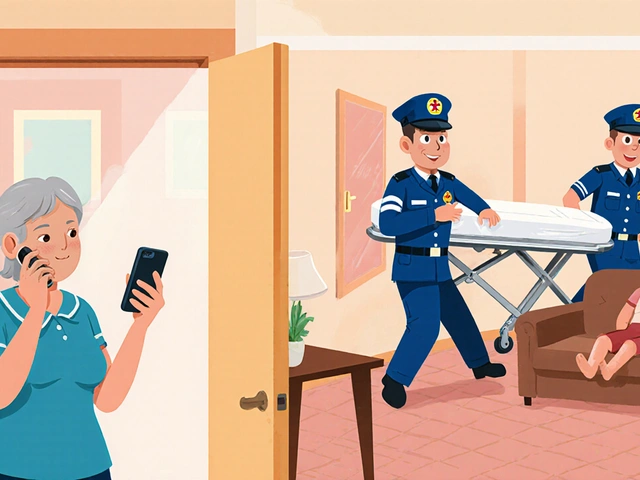
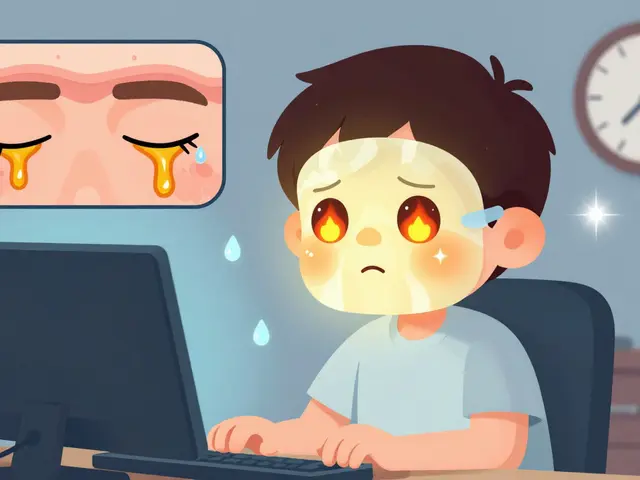

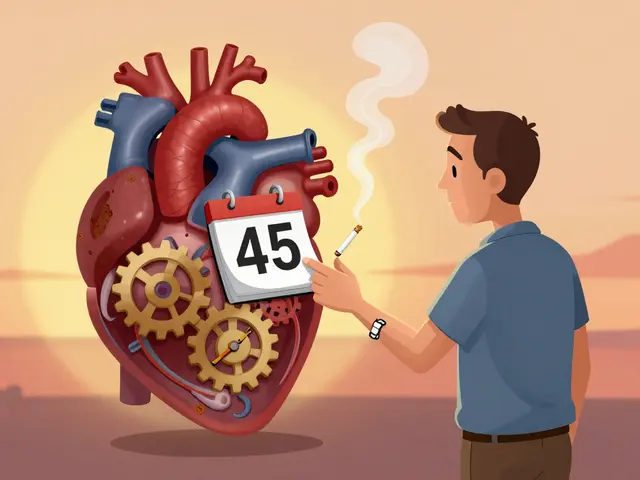
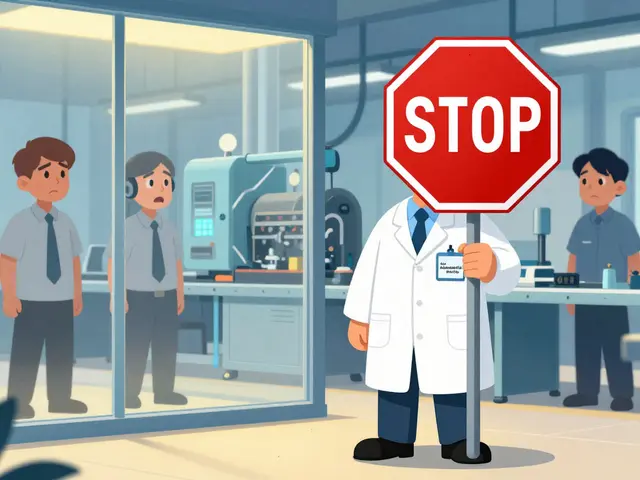
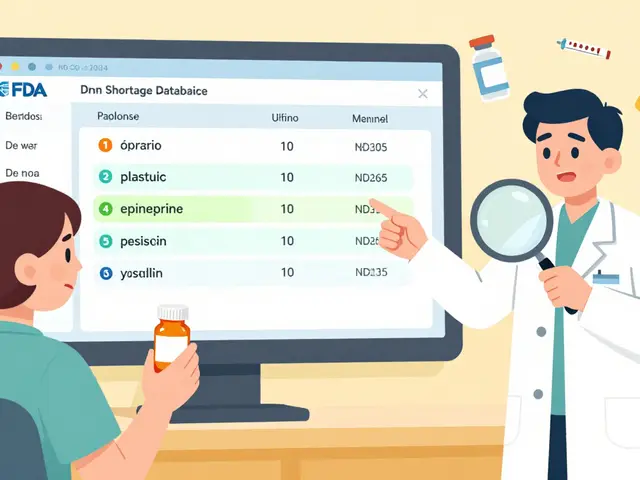
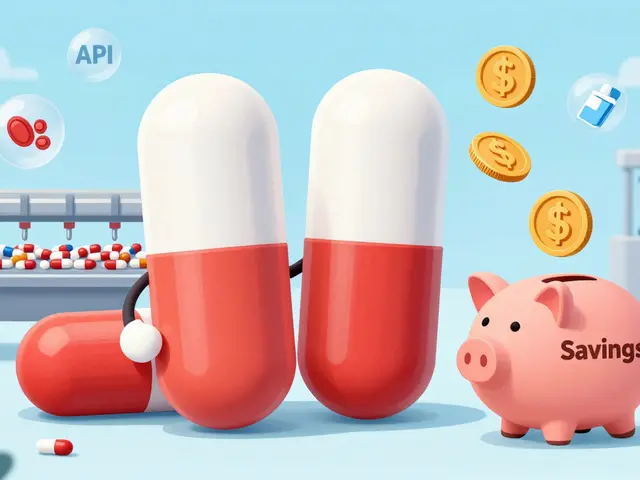
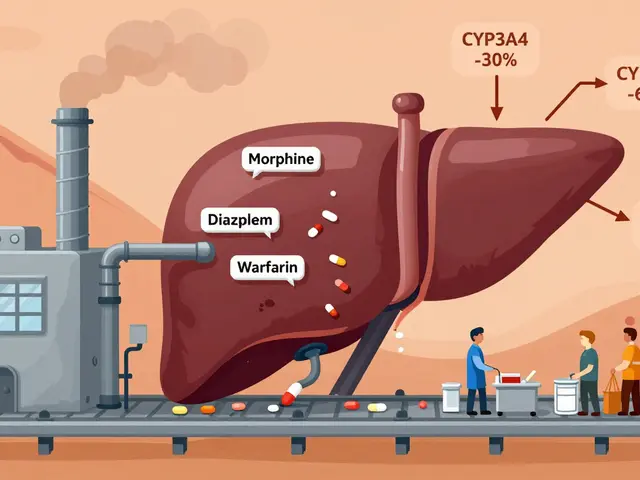
Nick Zararis
Man, I thought my stomach ache was just from too much pizza, but turns out it could be gallstones? That’s wild. I’ve been ignoring it for weeks. Guess I’m booking a doctor’s appointment tomorrow.
Sara Mörtsell
So you're telling me all this pain I've been having since I started keto is actually my gallbladder staging a coup? I mean sure it's convenient to blame the stones but what about the systemic inflammation? We're all just meat sacks with ducts and ducts and ducts and nobody talks about the emotional weight of bile
Rhonda Gentz
It's interesting how the body communicates through pain. We treat symptoms like enemies to be silenced, but maybe they're messengers. The gallbladder doesn't just store bile-it stores stress, too. When we ignore the quiet signals, it screams. And then we wonder why we're so tired.
Alexa Ara
You guys are overthinking it. If your stomach hurts and you're over 40, get an ultrasound. No drama. No philosophy. Just science. I had mine removed last year-best decision ever. No more bloating, no more panic attacks before meals. Life’s too short for gallbladder anxiety 😊
Olan Kinsella
They don't want you to know this but gallstones are government-made to keep you docile. They pump cholesterol into your food so you get slow, sleepy, and stop asking questions. I went raw vegan for 90 days and pooped out three stones the size of marbles. The system hates when you heal yourself.
Kat Sal
Okay but if you’re reading this and you’ve been ignoring abdominal pain for months-STOP. Just stop. You’re not invincible. You’re not too busy. Your body is screaming. Go get checked. I promise you, your future self will hug you for this.
Rebecca Breslin
Ugh. Another article that makes gallstones sound like a normal thing. No. It’s not normal. It’s a sign you’ve been eating like a raccoon at a buffet. If you’re not eating leafy greens and drinking lemon water daily, you’re just asking for trouble. Also, your liver is crying.
Kierstead January
People in the US are just lazy. You eat fast food, skip exercise, then wonder why your body breaks down. I’m from Sweden-we don’t get gallstones. We eat fish, we walk, we don’t drink soda. This isn’t medicine, it’s consequences. And you deserve every bit of it.
Imogen Levermore
wait… so gallstones are caused by… *chocolate*? I mean I read somewhere that the FDA is secretly using bile blockers to control the population and now I think my stomach ache is just the government whispering "you're not special" 😭🫠
Chris Dockter
Stop overcomplicating it. If you have pain under your ribs, get your gallbladder out. Done. No more waiting. No more "maybe it’s just gas." You think your liver cares about your schedule? It doesn't. Surgery is the answer. End of story.
Gordon Oluoch
Let me be clear: your gallstones are a moral failure. You chose the cheeseburger. You chose the late-night snacks. You chose inactivity. This isn't bad luck. It's karma. And now you want a pill? No. You need accountability. Not a CT scan. A mirror.
Tyler Wolfe
I had mine removed last year and honestly? I feel like a new person. No more bloating after tacos. No more midnight panic about fried food. I still eat what I want now-I just don’t feel guilty. Life’s better without that organ.
Neil Mason
My dad had gallstones in Canada and they just gave him painkillers for years before they did anything. We didn't even know it was a thing until he collapsed. So yeah, education matters. Especially in places where healthcare is slow. Don't wait like we did.
Andrea Gracis
so like… if i eat a lot of fat and then my stomach hurts… is that it? i dont even know what bile is lol
Matthew Wilson Thorne
Most of you are missing the point. Gallstones are a symptom of a civilization that prioritizes convenience over biological integrity. We are not meant to digest industrial fats. The body doesn't lie-it just gets louder.
April Liu
Hey-I’m a nurse and I see this all the time. If you're having pain after meals, especially fatty ones, and it lasts more than an hour? Go get checked. Seriously. It’s not "just indigestion." And if you’re scared of surgery? It’s outpatient. You’ll be back watching Netflix in 2 days. You’ve got this 💪❤️
Emily Gibson
To anyone reading this who’s been ignoring their pain: you’re not alone. I was there too. I thought it was stress. Turns out it was stones. I cried when I got the diagnosis. But I’m so glad I went. Your body deserves kindness-not excuses. You’re worth the doctor’s visit.